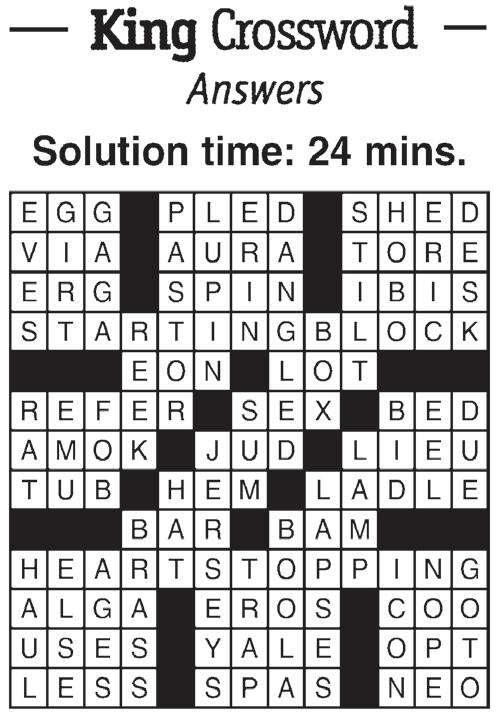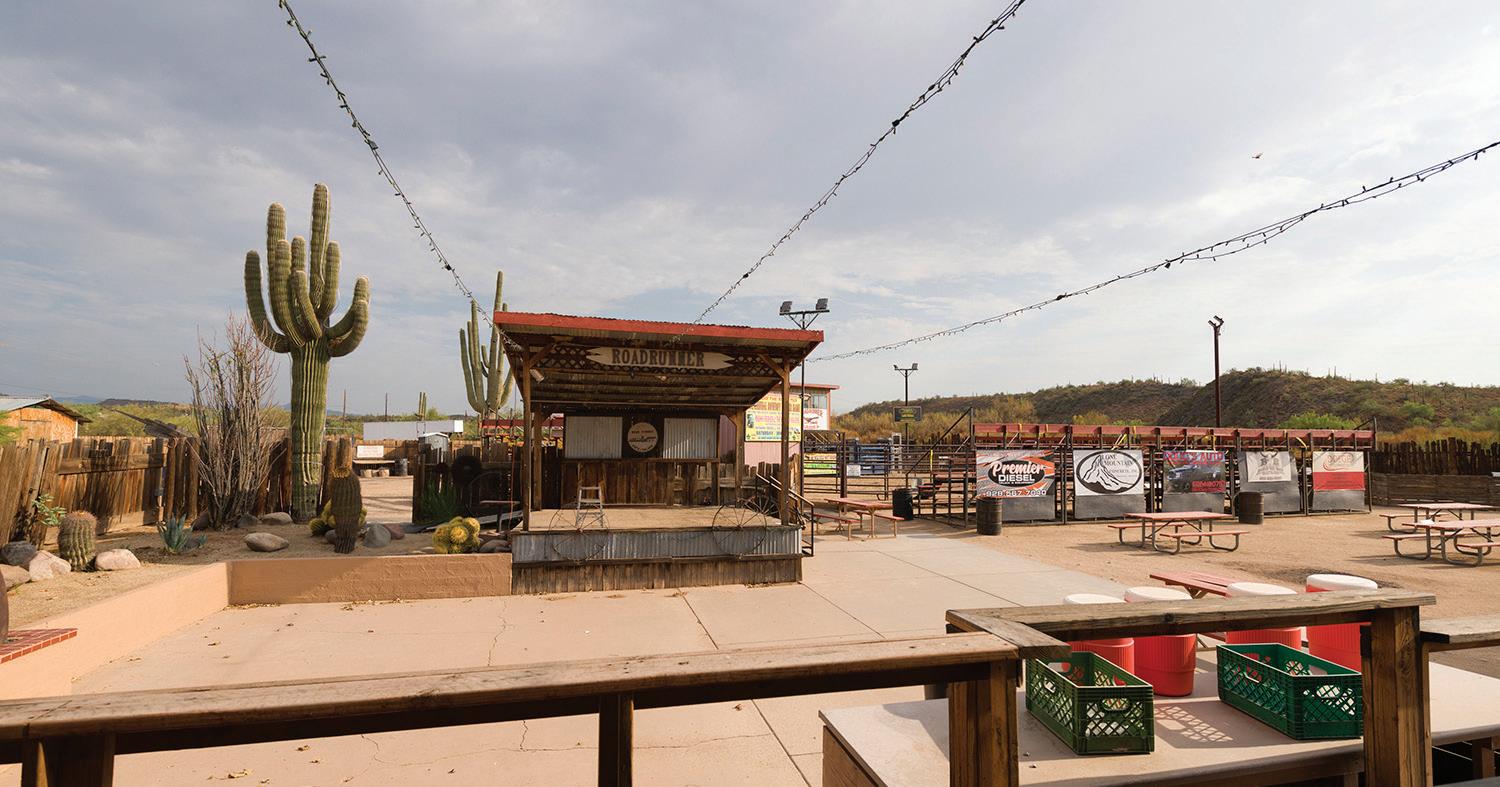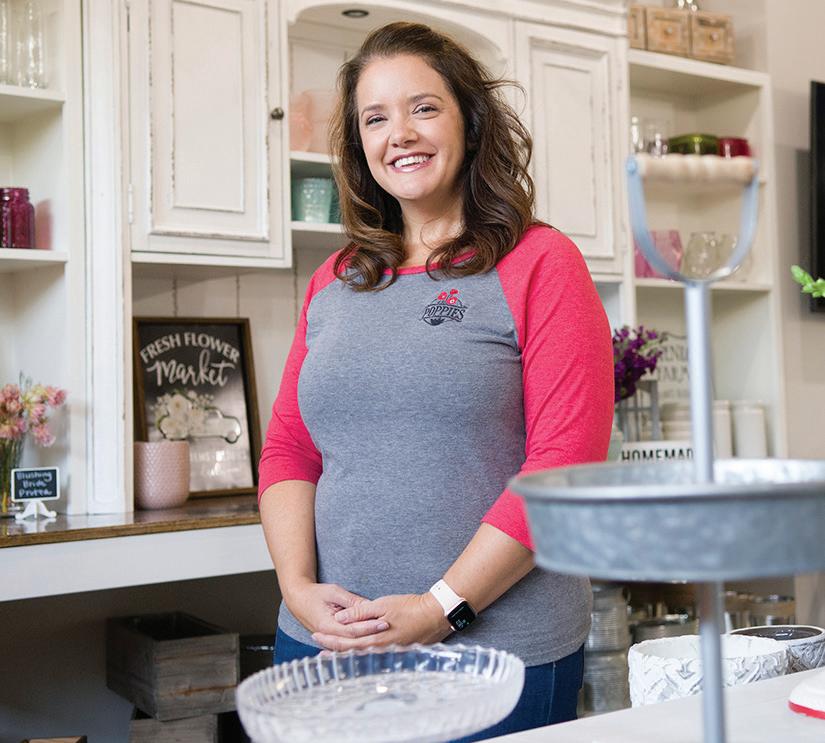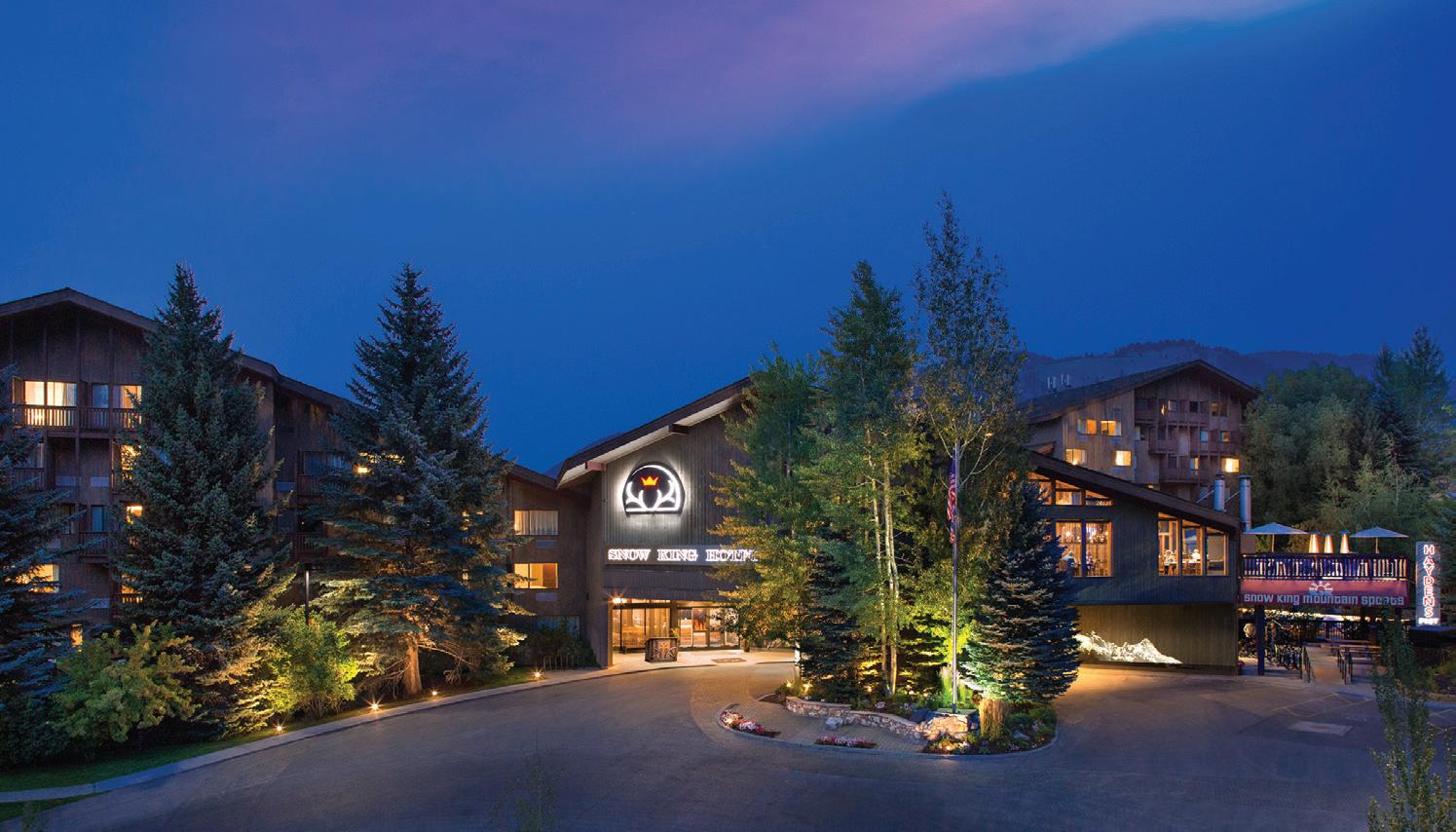
3 minute read
Virtual Fundraiser
Remote Court Appearances
COVID-19 has changed the ways the justice system works By Judge Gerald A. Williams, North Valley Justice Court
Most courts around the nation are performing courtroom functions through teleconferences, e-mail and regular mail. That includes us.
Until it is safe for everyone, operations will not return to how they were before COVID-19 hit Arizona. If you need to interact with any federal, state, county, justice, municipal or tribal court, the best thing you can do is either to call or e-mail them for an update on their current procedures and requirements.
Do not drive all the way to a courthouse assuming that you can enter the building. You might be turned away. You will be turned away if you are sick and if you have symptoms consistent with having COVID-19. Expect to be required to wear a mask.
Can people appear by either Zoom or Go To Meeting? Probably not. Some jurisdictions have done jury trials where everyone has appeared by court over a remote video platform. But there are a few problems with doing so, one of which is that a court cannot discriminate against potential jury members or litigants that may have limited technological capabilities.
At the North Valley Justice Court, with very few exceptions, all court appearances are telephonic. This works, but it does not always work well. Some proceedings are relatively simple to do over the phone. These include a garnishment hearing, a default hearing or a civil pre-trial conference. In fact, we were doing those by phone prior to COVID-19.
Trials and residential eviction cases are more difficult to do over the phone. Everything that can go wrong with a conference call has happened. These include relatively minor problems (barking dogs and crying children) and more significant problems, such as people who are not even parties to a case interrupting to share their thoughts on what is pending.
What about jury trials?
Consistent with the goal of limiting crowds, at least part of jury selection can be completed without potential jury members needing to travel to a courthouse. In justice courts, if we are picking jurors, they are being selected for a single specific trial only. If they are not selected, it is highly unlikely there is another trial down the hall that could use them.
People called for jury duty will likely be asked to complete and return a detailed questionnaire. Doing so may keep people from having to explain their unique situation on the day of the trial. For example, if you are a respiratory therapist, you are likely mission essential in the fight against COVID-19. You should not have to drive to a courthouse to be excused.
Based on the information in the questionnaire, additional questions may be likely. Normally this process, called voir dire, is completed in person. My preference will be to do it remotely, probably by phone. Another change will be that usually a jury leaves the courtroom to deliberate in a conference room. To maintain social distancing, the lawyers and the judge may leave the courtroom and the jury determines the verdict without leaving the room. As I judge, I find myself frequently saying, “I don’t know who is speaking, but it is not your turn to talk.”
While, from my perspective, doing everything by phone can be a hassle, there are also tremendous advantages. First and foremost, it helps keep people safe. Litigants and attorneys do not have to travel and interact with either court staff or with each other.
Perhaps just as important, telephonic appearances have increased access to our judicial system. Many people cannot afford to take significant time off work for courthouse appearances. For North Valley cases, our courthouse is not located in our judicial precinct. Travel to it is complicated by both distance and lack of any public transportation to it.
Residential eviction cases have had a dramatic increase in participation by tenants since tenants have been allowed to appear by phone for landlord and tenant disputes. My guess is that there will be pressure for either that or for a similar process to continue indefinitely. Increasing access to justice and due process remains an ongoing journey.
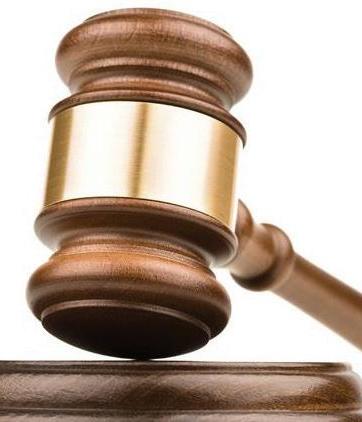
Judge Gerald A. Williams is the Justice of the Peace for the North Valley Justice Court. The court’s jurisdiction includes Anthem and Desert Hills.

